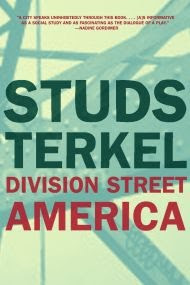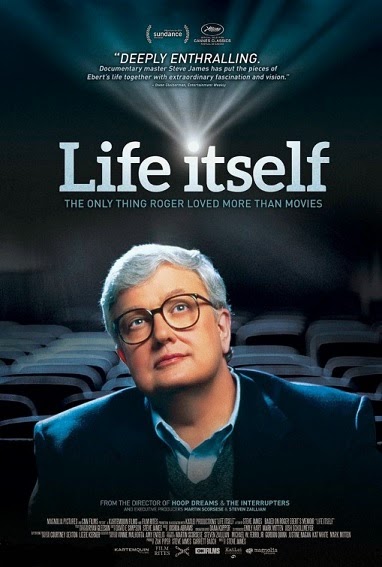Sunday, July 06, 2014
Friday, September 16, 2011
Then We Came to the End by Joshua Ferris (Bay Back Books 2007)

We believed that downturns had been rendered obsolete by the ingenious technology of the new economy. We thought ourselves immune from things like plant closings in Iowa and Nebraska, where remote Americans struggled against falling-in roofs and credit card debt. We watched these blue-collar workers being interviewed on TV. For the length of the segment, it was impossible not to feel the sadness and anxiety they must have felt for themselves and their families. But soon we moved on to weather and sports and by the time we thought about them again, it was a different plant in a different city, and the state was offering dislocated worker programs, readjustment and retraining services, and skills workshops. They'd be fine. Thank god we didn't have to worry about a misfortune like that. We were corporate citizens, buttressed by advanced degrees and padded by corporate fat. We were above the fickle market forces of overproduction and mismanaged inventory.
What we didn't consider was that in a downturn, we were the mismanaged inventory, and we were about to be dumped like a glut of imported circuit boards. On the drive home we puzzled over who was next. Scott McMichaels was next. His wife had just had a baby. Sharon Turner was next. She and her husband had just purchased a house. Names - just names to anyone else, but to us they were individuals who generated our greatest sympathy. The ones who put their things in a box, shook a few hands, and left without complaint. They had no choice in the matter, and they possessed a quiet resignation to their ill-timed fates. As they departed, it almost felt to us like self-sacrifice. They left, so that we might stay. And stay we did, though our hearts went out to them. Then there was Tom Mota, who wanted to throw his computer against the window.
Monday, June 28, 2010
Division Street: America by Studs Terkel (New Press 1967)

I think the poor class of people, both Negro and white, as bad as I hate to say this, being a union man, I believe they've forgotten a lot of these things. In those days, if you had a car transfer, nobody threw away a transfer. They would put it where somebody else could get it. Nobody threw away a cigarette butt. It was awful hard to find a cigarette, but if a guy had one, he would choke it and give it to the next guy. Everybody was very friendly at that time.
Today, based on the war economy and the unions, some people make a few dollars, and the feeling, the atmosphere is different. Labor's respectable now, it's status quo. If you fight against these guys, you're labeled. Fear. A lot of fellas want to know how come George Meany don't walk together with Martin Luther King, you know, in these demonstrations. We evade the question. (Laughs.)
There was a meeting downtown where all the business agents were, labor leaders. I thought they were gonna pull Mayor Daley's pants down and kiss him. These guys go overboard. And they were raising a question of why we wasn't organizin' more. Why there wasn't more than five Negroes out of two, three hundred guys! So I finally got up enough courage to get the floor. (Laughs.)
So I told 'em, "Looking around the room here, you guys got all diamond rings, manicures." Honest, I didn't know Bill Lee* had a telephone in his Mark IV, air-conditioned, chauffeur, everything. (Laughs.) And I said, "The image of so-called labor leaders is not what it was in the old days. Now you can't tell 'em from a businessman." So they accepted the criticism. ('Lew Gibson' speaking to Studs Terkel about the contrast between the hungry thirties and the prosperous sixties.)
* Bill Lee was the President of the Chicago Federation of Labor at the time.

